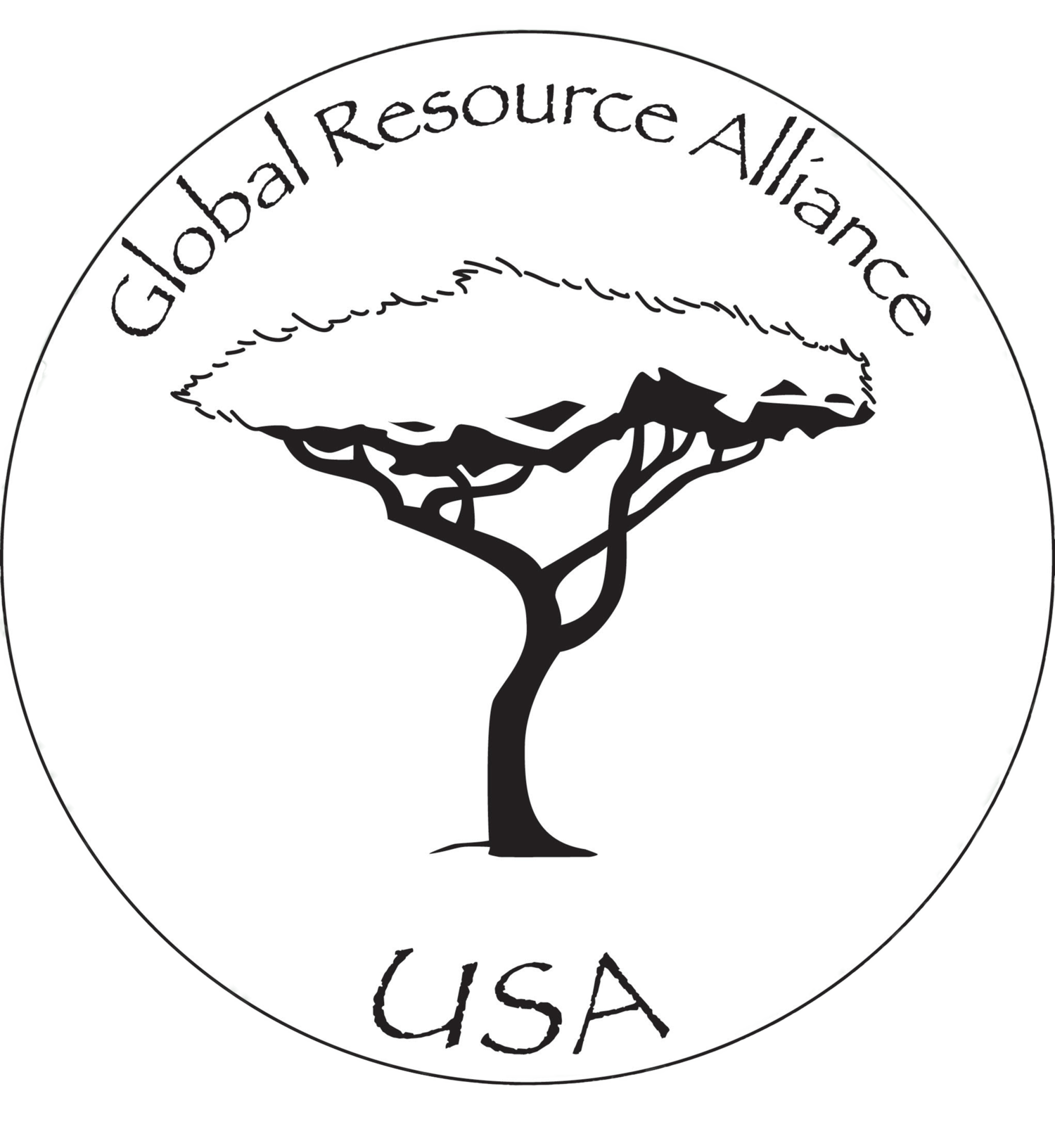What We Did in 2023
Tree Planting
With funding from Belgian NGO, WeForest, we distributed approximately 600,000 trees to farmers in the Butiama Hillside Restoration project practicing agroforestry. This brings the total number of trees planted since the project's inception in 2011 to just under 4 million trees.
Along with tree planting and distribution, the project provided training to 14 farmers groups - about 224 farmers in total - on planting and conservation of multipurpose trees. Areas covered during the training include tree planting, weeding, thinning, site selection, and application of manure to improve the growth and survival of tree seedlings.
Our nursery in Utegi Village (about 30 miles from the Hillside project) distributed about 150,000 trees in 2023 - to many schools for free and to the local government at a modest price to cover expenses (almost).
We planted seeds of 45 different tree varieties in each nursery including fruit, medicinal, timber, ornamental, fencing, and nitrogen-fixing trees.
We have reforested the equivalent of about 8,100 acres of land and served over 5,600 customers since 2011. These trees will sequester about 48,000 tons of CO2 each year.
GRA has collaborated with WeForest, the Tanzania Forest Service (TFS), the Butiama District Council, and the village councils of Kigori, Busegwe, Nyanza, Singu, and Mwikoro villages to initiate the agroforestry component of the Butiama Hillside Project and clarify the boundaries of the reforestation component. This is an eight-year project expected to restore a total of nearly 8,000 acres of degraded hillside forest and the surrounding landscape in the Butiama district. The project was originally designed to provide agroforestry inputs and training to 1,400 subsistence farmers, provide 1,250 beehives and equipment to 250 farmers, and distribute sufficient free tree seedlings to create 1,000 small, private woodlots for firewood, timber, and sustainable charcoal production. Funding cuts for 2023 and 2024 necessitated scaling back the originally planned activities for last year and this year, but we are working now to secure additional funding sources to implement the project as originally planned.
Fuel-Efficient Cookstoves
Total sales of the award-winning Eco-Zoom fuel-efficient charcoal cookstoves have increased to 852 in 2023. Each stove reduces the amount of CO2 produced by about 75% over traditional cookstoves - the equivalent of driving an SUV 7,500 miles on an annual basis. They also reduce toxic emissions by about 50%, helping to reduce the number one killer of children under 5 in Sub-Saharan Africa - indoor air pollution.
The greatest challenge in distributing these stoves is their high price compared to traditional stoves. Since these stoves don’t save fuel and lives sitting in our office, we decided to drop the price to $22 each - about half our cost. Each family in the Musoma and Kinesi orphans program has been given a new stove for free. The new “Butiama Hillside Project” is expected to distribute about 1,000 fuel-efficient cook stoves over the next six years.
Herbal Remedies
We continued to grow, process, and sell herbal products at affordable prices to save just over 250 customers for all types of tropical diseases including malaria, typhoid, parasites, yellow fever, amoebas, and tuberculosis. We also continued to produce and distribute a superfood made of moringa and amaranthus that greatly enhances the well-being of people suffering from malnutrition or living with HIV/AIDS and other chronic conditions.
We provided free remedies for over 150 people most in need like orphans, elders, and the poorest of the poor. GRA herbalist Lucy Ndege also offered consultations for those in need.
We tried producing our own soap during half of the year to provide for the kids in our orphans programs and sell the surplus at the Herbal Clinic. Soap is a big component of our weekly orphans’ support so making it ourselves and providing it to the orphans has saved us money, although it hasn’t yet been able to generate any extra revenue. At this point we’ve discontinued the project until further analysis and training to make it more profitable and sustainable.
Support for Orphans
We completed 21 consecutive years of the Tumaini kwa Watoto (Care for the Children) program that has supported more than 100 children over the years. In 2023, we provided 19 orphans and their foster families in the Musam area with food, healthcare, mattresses, mosquito nets, school supplies, school uniforms, and school fees. Another 18 kids were enrolled in college or vocational training and received funding from GRA for tuition, computers, room and board, and transportation. 7 more children are waiting to join college education this year. 41 kids formerly in the program have already graduated from college or vocational school and started families and/or careers of their own.
The Kinesi Village Orphans Program is in its 10th year now. During this time, it has supported 77 disadvantaged and orphan children in Kinesi village. The program provides clothes, health care, mattresses, sheets, mosquito nets, school fees, vocational training, and colleague fees for those who achieve that level of education as well as other supplies. Nine of the orphans are in primary school, Nineteen are in secondary school, Nineteen are in college or vocational school and four are waiting to join college. Thirty of the kids in the program have already graduated from college or secondary school.
Permaculture
GRA’s 8-acre permaculture plot in Kinesi Village has been transitioned to the care of the families caring for orphans in the village including all fencing, storage facilities, and outbuildings. These families have received years of training in permaculture and will now take responsibility for the plot’s management. A village association of orphan guardians was set up some years ago for this purpose.
We still have a permaculture project ongoing in our 1-acre office compound in Musoma. There we grow vegetables for employee lunches and herbs for the herbal department.
